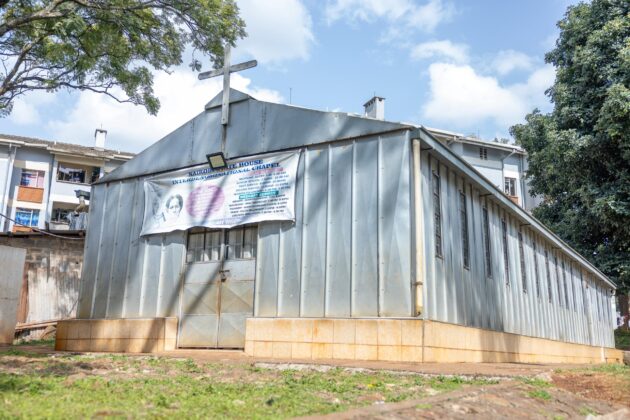
Muslim clerics want President Ruto to also construct mosque at State House » Capital News
NAIROBI, Kenya Jul 5 – Muslim clerics in Mombasa are calling on President William Ruto to ensure the construction of a mosque at State House, arguing that the seat of power should reflect the country’s religious diversity.
Speaking under the banner of the Pwani Patriotic Religious Leaders, the clerics said State House, as a national symbol, should reflect religious diversity and serve all faiths equally.
Sheikh Abu Qatada, the group’s chairperson, said Muslims should also be given a space to worship, just like Christians have been accommodated.
The demand follows the President’s recent confirmation that an Anglican church has been established within the State House grounds.
“State House is a national institution. It belongs to all Kenyans regardless of their religion,” We are also asking for our voice to be heard. Just as a church has been built for Christians, we too are requesting a mosque so that when we are there, we have a place to pray,”
The leaders said the call is not meant to stir religious division but to promote fairness and inclusivity in line with the Constitution.
This comes hours after Economist David Ndii, who chairs President William Ruto’s Council of Economic Advisers, downplayed claims that the presence of a church within State House reflects the President’s personal religious beliefs.
In a statement posted on his X account, Ndii clarified that the chapel is a long-established facility primarily meant to serve the spiritual needs of government staff and their families who reside within the State House compound.
“The church serves the 1,000+ government staff and their families who live in State House. The religion of the president is irrelevant the staff will remain predominantly Christian, whatever the religion of future presidents,” he said.
However, the project has sparked controversy, with some civil society groups and legal experts questioning whether it violates Article 8 of the Constitution, which states that there shall be no state religion demanding clarity on whether the church will represent a specific denomination or serve a non-denominational purpose.